
Are you in search of NDIS Housing?
For many Australians with a disability housing, the journey to finding a safe, accessible, and supportive place to live can be daunting. But thanks to the National Disability Insurance Scheme (NDIS) and the funding it provides , there’s a pathway forward. NDIS housing is more than just a place to stay — it’s about building the foundation for independence, security, and a better quality of life.
This guide is designed to help you understand your home and living housing options, how to access them, and how Re.Connect Support Services can assist you in every step of the journey.
What Is NDIS Housing?
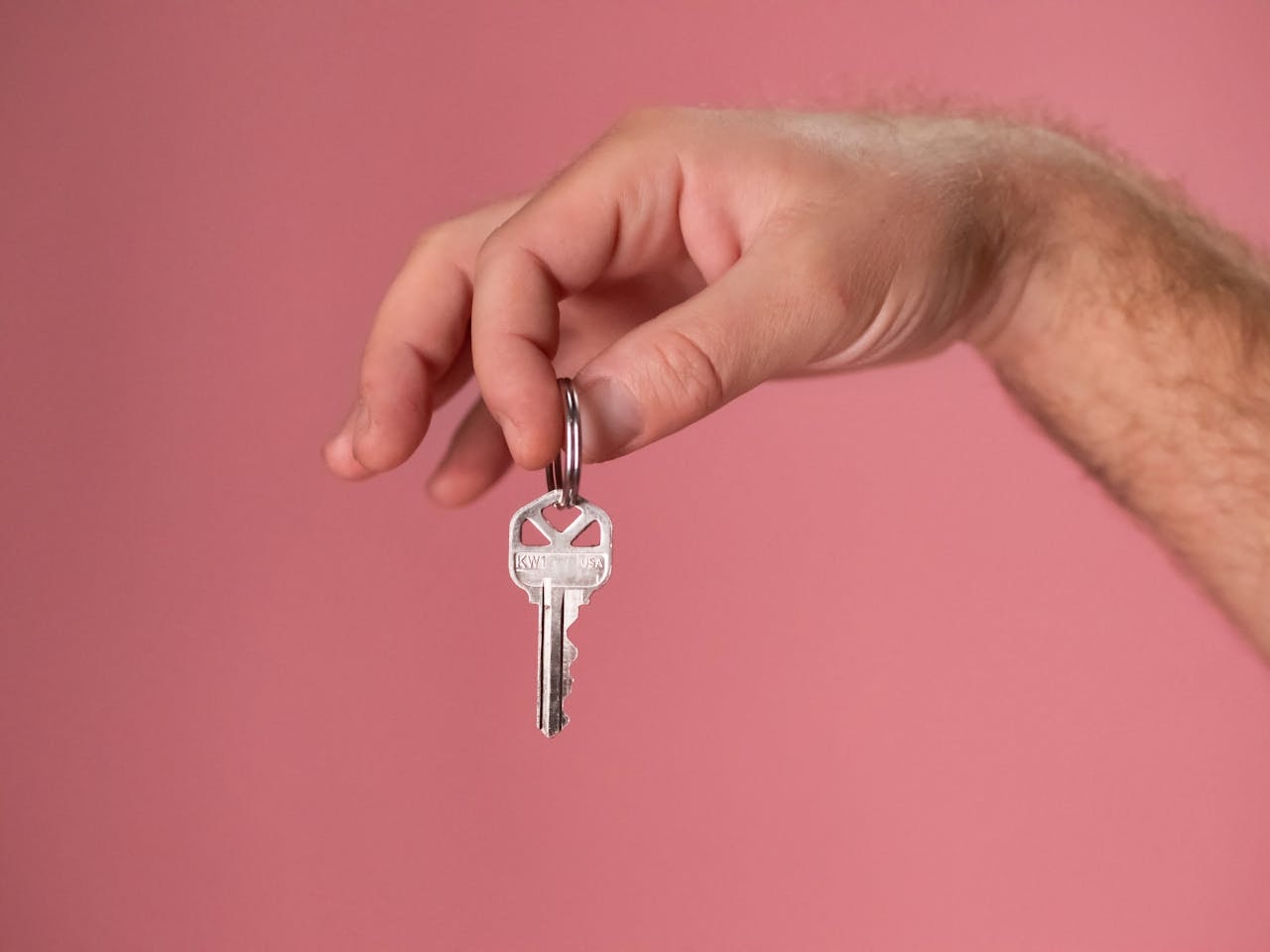
NDIS housing is a suite of supports offered through the National Disability Insurance Scheme (NDIS) by the Australian government to help eligible participants live more independently, safely, and confidently in a home that meets their unique needs. It’s not just about putting a roof over someone’s head — it’s about providing supported independent living that actively enhances a person’s day-to-day life.
Under the NDIS, housing and living supports are designed for people who have extreme functional impairment or very high support needs, and who require more than just mainstream housing to thrive. These supports ensure that individuals who may be unable to live without significant assistance have access to tailored solutions, including specialist disability accommodation (SDA), supported independent living (SIL), individualised living options (ILO), and other flexible accommodation types.
The Core Focus of NDIS Housing
At its heart, NDIS housing is about achieving your home and living goals — whether that means staying in your own home with the right disability support staff, sharing a space with others, or transitioning into a purpose-built property that accommodates complex physical or behavioural needs.
NDIS housing supports a broad range of home and living outcomes, including:
- Improved quality of life through appropriate home environment design
- Enhanced social and communication skills by living within communities or structured environments
- Strengthening of daily living skills, such as meal preparation, budgeting, and household management
- Boosting self-esteem, safety, and overall health by reducing dependency on informal care or unsuitable settings like residential aged care
The Importance of Housing and Living Supports
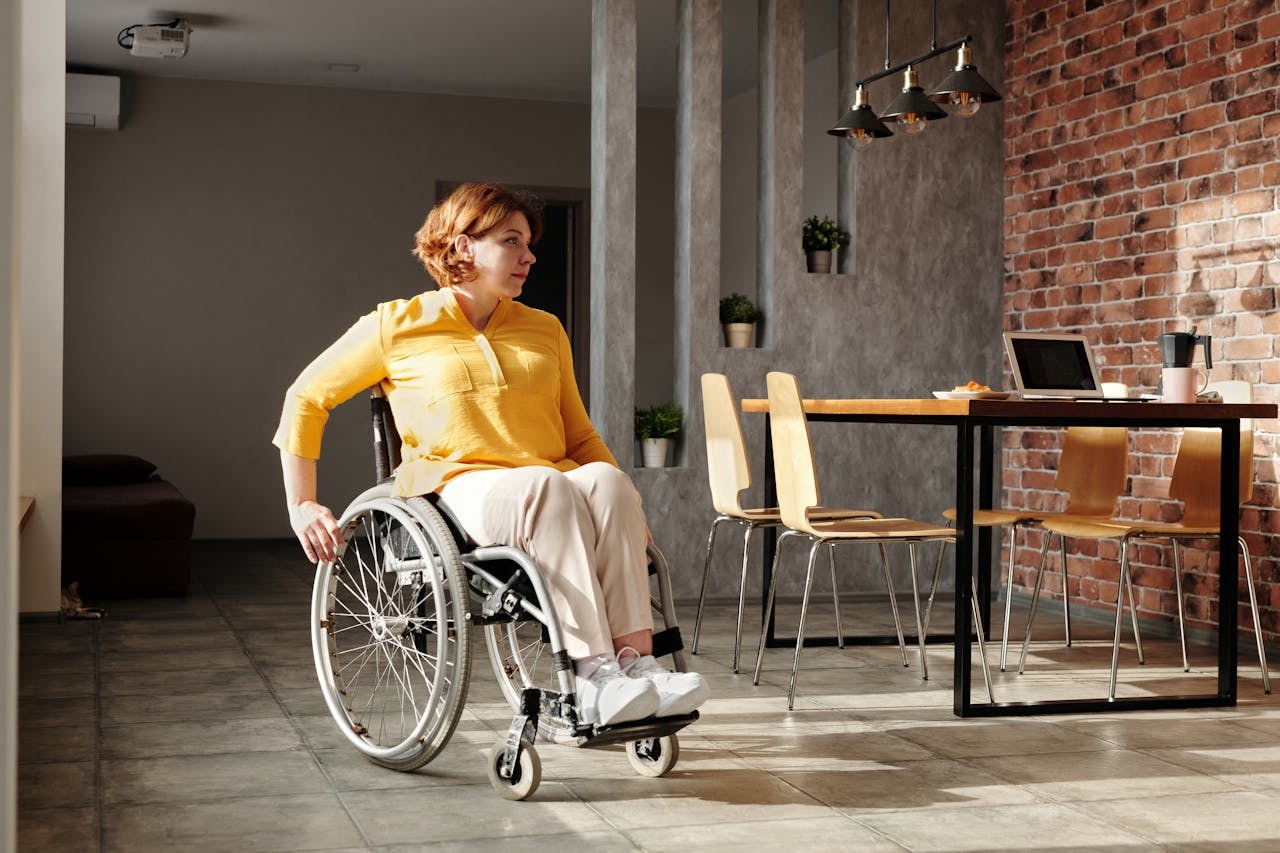
Having a safe and suitable home is essential for developing daily routines, strengthening living skills, and fostering connection with the community. Housing that’s tailored to a person’s individual needs contributes significantly to quality mental and physical health, emotional stability, and increased independence.
Without appropriate disability accommodation, some participants may find themselves in unsuitable settings such as residential aged care or isolated from vital support systems.
The Core Types of NDIS Housing Supports
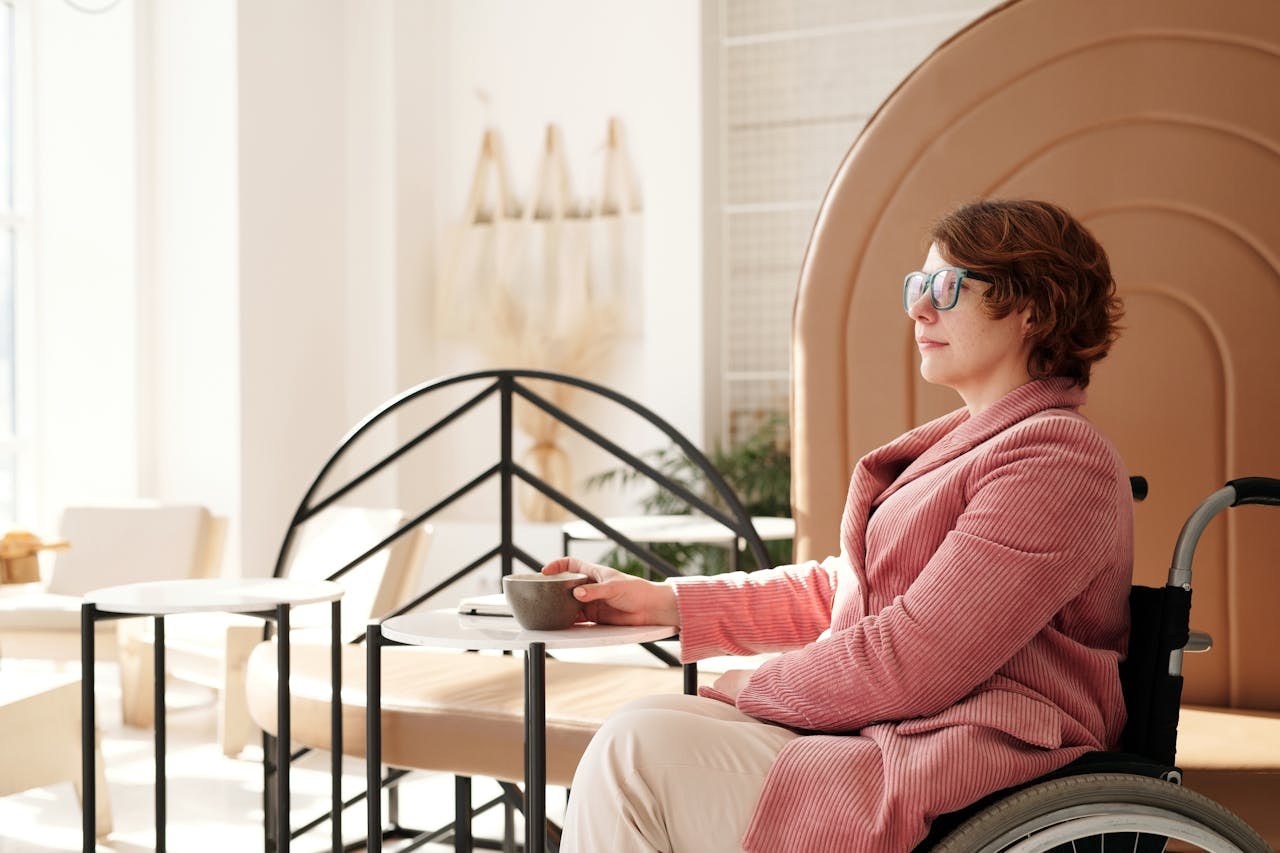
Specialist Disability Accommodation (SDA)
Specialist Disability Accommodation (SDA) is for participants with specialist disability accommodation needs, significant functional impairments and high care requirements. These are custom-built homes that include advanced features such as:
- Step-free access
- Reinforced walls
- Hoist systems
- Assistive technology integration
SDA does not pay for daily care but covers the cost of the physical building, tailored to ensure accessibility, safety, and long-term livability for a small number of residents. SDA funding is determined based on the participant’s NDIS plan and assessed level of need.
Supported Independent Living (SIL)
SIL is focused on supporting participants with daily tasks in shared or individual settings, often provided by trained providers . It helps with:
- Personal care
- Household cleaning and meal prep
- Building social and communication skills
- Developing living skills for greater independence
Often delivered in shared living arrangements, SIL includes trained support staff available during the day or night, depending on the participant’s needs.
Individualised Living Options (ILO)
ILO allows NDIS participants to design their own unique living arrangements. Rather than being placed in a group home, a participant might choose to live:
- With a flatmate or housemate
- In a host family environment
- Independently with flexible drop-in support
ILO promotes choice and control, and is best suited for those who want to tailor their support to their lifestyle and preferences.
Additional Housing and Living Supports
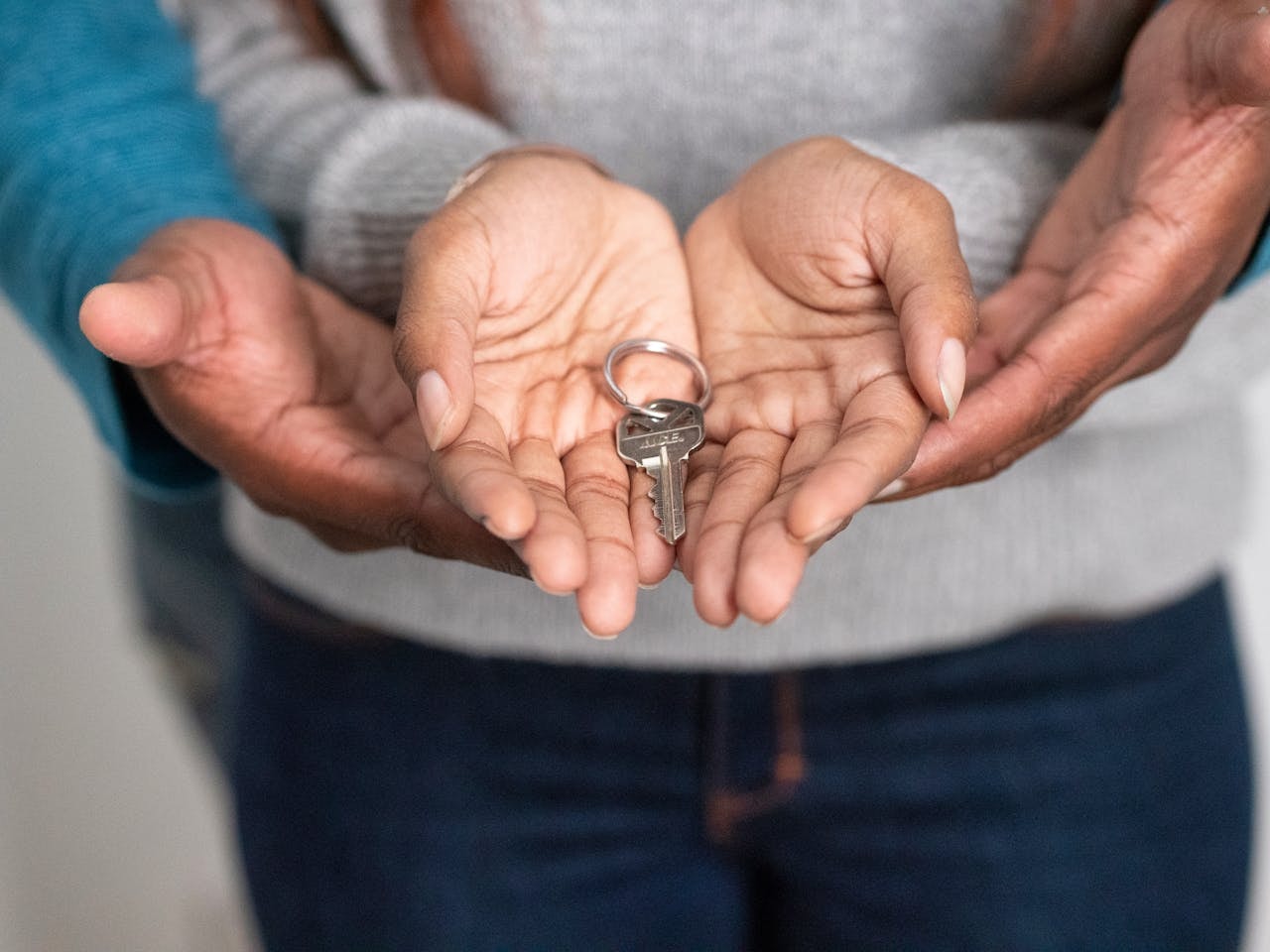
Medium Term Accommodation (MTA)
MTA provides a temporary home — usually up to 90 days — while you wait for funding and long-term housing arrangements to be finalised. This can include waiting for an SDA home to become available or for home modifications to be completed.
Short Term Accommodation (STA)
STA includes respite-style services, giving participants and their carers a chance to rest and recharge. These services often include overnight stays, meals, and access to activities, or assistance with paying rent and community outings.
Home Modifications and Assistive Technology
If you’re staying in your own home, you might qualify for home modifications such as:
- Widened doorways
- Ramps
- Handrails and bathroom adjustments
- Smart tech like automated lighting and voice-controlled appliances
These changes can significantly improve safety, accessibility, and independence within your home environment.
Housing Options Beyond the NDIS
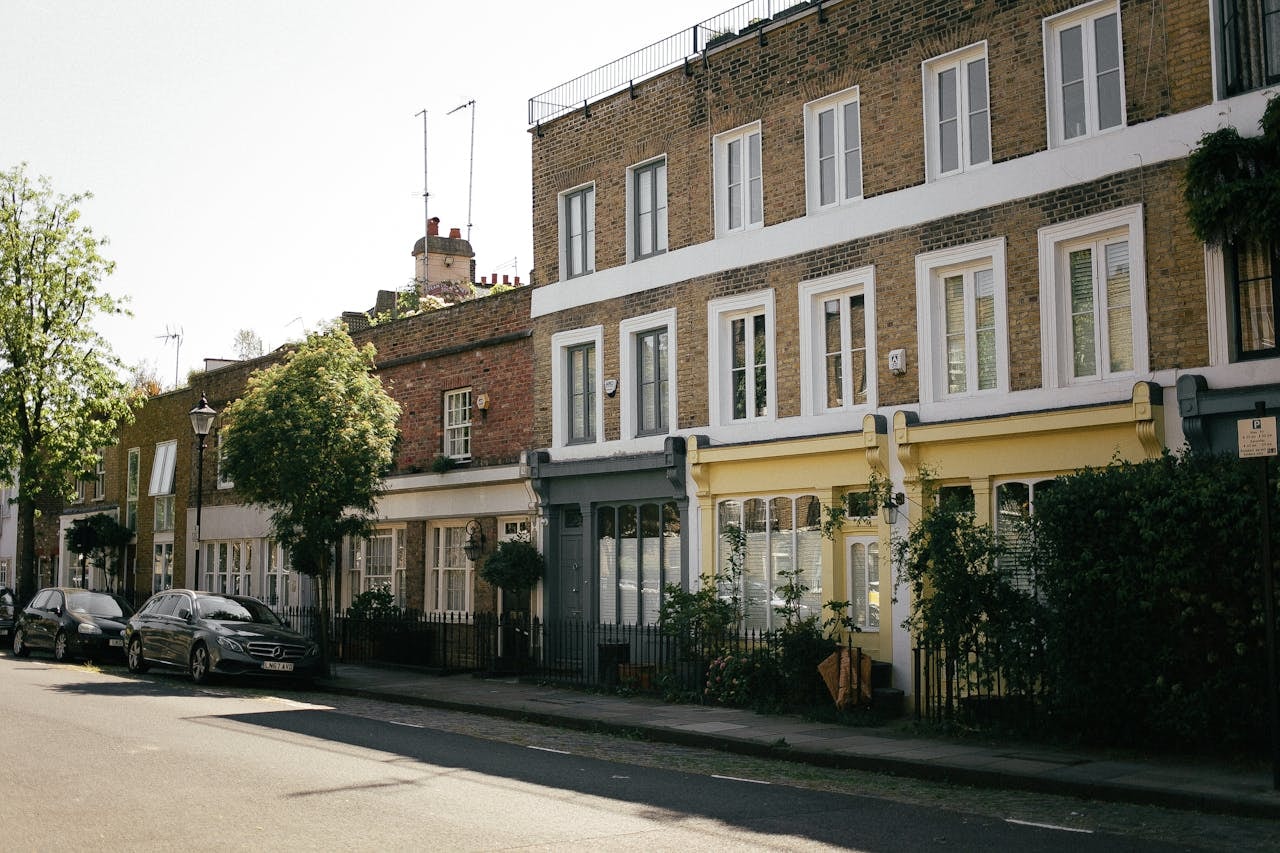
Not all disability housing under the NDIS is built from scratch. Many NDIS participants live in:
Community Housing
Managed by not-for-profit organisations and approved providers , community housing offers affordable, secure rentals. These properties are typically maintained to high standards and are overseen by government-funded housing associations.
Social Housing
Administered by state and territory governments, social housing provides stable housing for individuals and families facing hardship. For those with disability support needs, this option may work well in combination with in-home assistance.
The Private Rental Market
Some participants choose to rent through the private market, either on their own or with roommates. With the right support, many people living with disabilities can maintain tenancies, manage finances, and participate more fully in everyday life.
Who Is Eligible for NDIS Housing?

To access housing support under the NDIS, you must meet the following criteria:
- Be an NDIS participant
- Be unable to live safely in conventional housing due to very high support needs
- Have housing listed as a goal in your NDIS plan
- Provide documented evidence from healthcare professionals (e.g. occupational therapists, psychologists, social workers)
Step-by-Step: How to Apply for NDIS Housing

1. Identify Your Housing Goals
Think about what you want in a home environment — Do you want to live alone? With friends? Near your family? Document this in your home and living goals section of your NDIS plan.
2. Gather Evidence
Reports from allied health professionals (such as OTs and behavioural therapists) are essential. They should highlight the impact of your disability on daily functioning and justify your housing needs.
3. Complete the Home and Living Supporting Evidence Form
This official form helps the NDIS and the department understand your situation and determine which supports are considered reasonable and necessary.
4. Connect with Re.Connect Support Services
Our expert Support Coordinators will guide you through the paperwork, help you liaise with providers, and ensure your application is robust and comprehensive.
What If You’re Not Eligible for SDA?
Don’t worry. There are still plenty of other supports available, including:
- ILO arrangements
- Home modifications
- Medium Term Accommodation
- Access to community housing or private market rentals with support
We help explore every possible path so no one is left behind.
Common Questions About NDIS Housing
Can I choose where I live?
Yes. NDIS housing is built on choice and control. You can choose your location, type of accommodation, and level of support.
What does the NDIS pay for?
It may cover housing structure costs (SDA funding), in-home assistance (SIL or ILO), and certain home modifications. Rent, food, and basic utilities are usually your responsibility, but you may be eligible for Commonwealth Rent Assistance.
Do I need a support coordinator?
While not mandatory, having a Support Coordinator can make navigating the NDIS housing system easier, faster, and more successful.
Why Choose Re.Connect Support Services?
We’re not just ticking boxes. We’re creating better lives. Our team:
- Listens to your goals
- Guides you through every document and form
- Connects you to trusted housing providers that provides specialised housing.
- Advocates for you during plan reviews
- Offers compassionate, experienced, and personal support
We know that every individual has different skills, preferences, and needs — so our approach is never one-size-fits-all.
Start Your Journey Today
Finding the right range of NDIS housing solutions could be life-changing. Whether you need an SDA home, daily living assistance, or help navigating community housing options, Re.Connect Support Services is here for you.
Reach out today and take the first step towards your future.
- Visit: https://reconnectss.com.au
- Learn more about comprehensive mental health care
- Email: enquiries@reconnectss.com.au
- Call: 1-300-001-109
Let’s build a home — and a life — that fits you.


